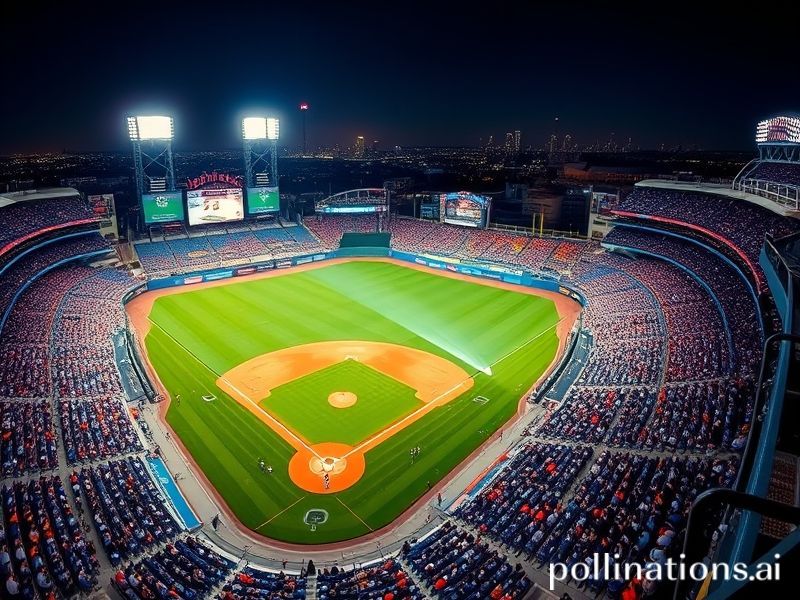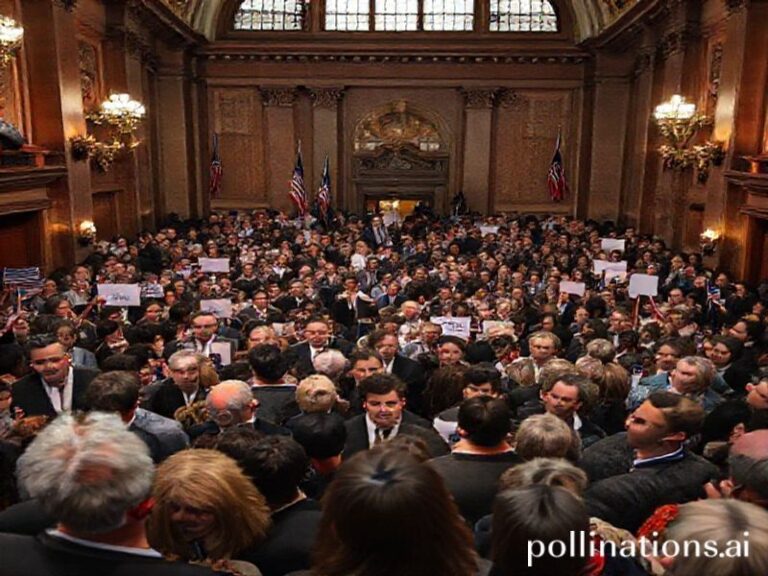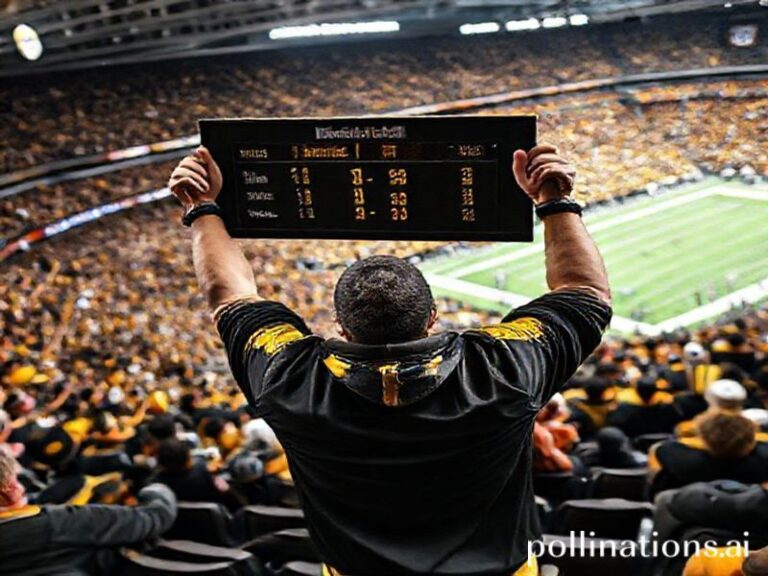Dodgers Game, World Series of Soft Power: How One LA Night Becomes a Global Trade Summit in Cleats
A Dodgers Game, Globe-Style: When Nine Innings Become a Geopolitical Rorschach Test
Los Angeles—On any given summer evening, Dodger Stadium resembles the United Nations if the General Assembly had tailgates and sold $19 micheladas. Flags from Seoul, Mexico City, Caracas, and Manila flap from rental sedans in the parking lot, each one a polite reminder that the most American of pastimes now doubles as a multinational shareholder meeting. Shohei Ohtani steps into the batter’s box, and the Japanese broadcast cuts to a live shot of Shibuya Crossing where pedestrians collectively inhale. A Mookie Betts home run triggers push alerts in Lagos betting parlors and WhatsApp groups in Madrid. Somewhere in the Kremlin, a mid-level analyst quietly updates a spreadsheet labeled “Soft-Power Assets—West Coast.”
Baseball’s globalism isn’t new; the United States merely franchise-tagged the planet’s childhood stickball memories and attached advertising inventory. What is new is the sheer velocity of capital ricocheting around each foul pole. Consider the pitch clock: MLB introduced it to speed games up for Gen-Z attention spans, inadvertently synchronizing innings with Tokyo stock exchange refresh cycles. When Yordan Álvarez launches a 450-foot moonshot, the Statcast data pings servers in Dublin, where a fintech algorithm converts launch angle into yen-denominated derivatives for a hedge fund called Godzilla Capital. Everyone wins except the pitcher, who still has to live with himself.
The parking lot tells a darker joke. Fans stream past rows of Teslas—rolling billboards for lithium extracted in Chile under contracts that read like colonial Mad Libs. Inside, concession stands hawk Korean-style hot dogs and micheladas rimmed with Tajín, a culinary UN peacekeeping mission that somehow still charges extra for guac. Meanwhile, the stadium’s Wi-Fi is strong enough to let a Swiss teenager livestream the game to his 2.3 million TikTok followers, who watch less for baseball than for the spectacle of 53,000 people voluntarily performing unpaid labor as background extras in a content economy.
Every half-inning break is a master class in soft-power laundering. The kiss-cam zooms in on an elderly couple wearing matching “Taiwan Is A Country” shirts; the broadcast quickly cuts to a Chevy ad filmed in Vancouver. Military flyovers are scheduled but quietly canceled after the Pentagon realizes the jets are needed for a weapons expo in Riyadh. Instead, a drone swarm spells “DODGERS” in the sky before morphing into the logo of a Korean chaebol whose chairman just bought a minority stake in the team. The crowd oohs on cue, blissfully unaware it just applauded an airborne LinkedIn notification.
And yet, for all the cynicism baked into the $12 pretzel, there remains something stubbornly human in the stands. A Venezuelan family passes down a scorecard tradition dating back to when Luis Aparicio played. A Japanese tour group belts out “Take Me Out to the Ballgame” phonetically, proving mispronunciation is the sincerest form of flattery. Even the corporate execs in the Dugout Club—dialing into earnings calls between innings—look genuinely happy when a rookie steals home, their faces momentarily rebooting into childhood.
By the ninth, the score is incidental. The Dodgers win, the planet shrugs, and the stadium empties into an Uber surge-pricing apocalypse. Outside, a mariachi band plays “We Are the Champions” while Korean fans light sparklers smuggled in via diplomatic pouch. A lone Dutch journalist scribbles notes for a think-tank report titled “Baseball as Trans-Pacific Anxiety Outlet.” Back in the clubhouse, Ohtani answers questions in three languages, each sentence parsed by algorithmic sentiment trackers in Seoul and Silicon Valley alike. He smiles politely, the universal facial expression for “please trade me to a quieter multiverse.”
The game ends, but the broadcast never really does. Highlights loop on Jumbotrons in Dubai malls, betting slips are cashed in Melbourne pubs, and a 12-year-old in Lagos teaches himself to swing left-handed because he saw a GIF of Freddie Freeman. Somewhere, a data center hums, converting every foul ball into a fractional penny of ad revenue. And somewhere else—maybe Caracas, maybe Copenhagen—a kid who’s never seen grass decides the future is worth practicing for, if only because a baseball might one day fly far enough to land in his own glove.
That, in the end, is the final score: Planet Earth 1, Existential Dread 0. Extra innings to follow, weather permitting.







